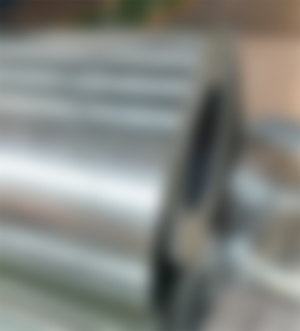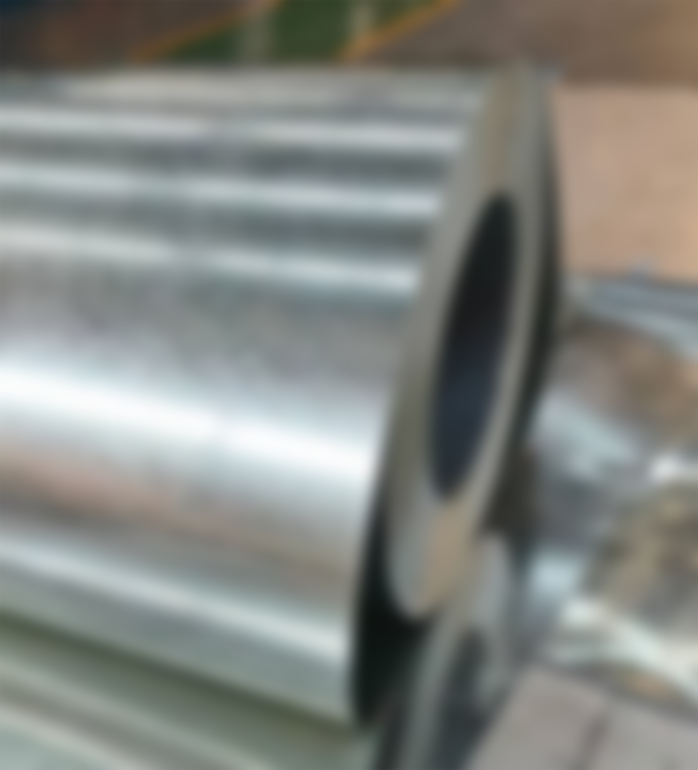Aluminum Galvanization: Enhanced Protection and Versatility
Introduction: Aluminum galvanization, also known as aluminum coating or aluminum zinc coating, is a process that provides enhanced protection against corrosion for aluminum surfaces. In this article, we will explore the characteristics, benefits, and common uses of aluminum galvanization.
Characteristics and Benefits: Aluminum galvanization offers several key characteristics and benefits, including:
Corrosion Resistance: The galvanization process creates a protective layer on the surface of aluminum, enhancing its resistance to corrosion. This layer acts as a barrier, preventing moisture, chemicals, and other corrosive elements from reaching the aluminum substrate. As a result, aluminum galvanization significantly extends the lifespan of aluminum products.
Lightweight: Aluminum is inherently lightweight, and the galvanization process does not significantly increase its weight. This characteristic makes galvanized aluminum ideal for applications where weight is a consideration, such as in the aerospace and transportation industries.
Versatility: Galvanized aluminum can be used in a wide range of applications due to its versatility. It can be formed into various shapes and sizes, making it suitable for architectural, automotive, electrical, and industrial purposes.
Aesthetic Appeal: Aluminum galvanization allows for the application of different coatings, finishes, and colors, adding aesthetic appeal to the finished product. This versatility in appearance makes galvanized aluminum a popular choice for architectural projects.

Common Uses: Aluminum galvanization finds extensive application across various industries due to its unique characteristics. Here are some common uses:
Construction and Architecture: Galvanized aluminum is widely used in construction and architecture for roofing, wall cladding, window frames, and decorative elements. Its corrosion resistance, lightweight nature, and aesthetic options make it a versatile and durable choice.
Electrical Industry: Galvanized aluminum is utilized in the electrical industry for manufacturing wiring, cables, and electrical enclosures. Its corrosion resistance and conductivity make it an ideal material for electrical applications.
Automotive Industry: Galvanized aluminum is employed in the automotive industry for manufacturing vehicle components such as body panels, bumpers, and trim. Its lightweight nature contributes to improved fuel efficiency without compromising on strength and durability.
Packaging and Containers: Galvanized aluminum is commonly used for packaging and containers in the food and beverage industry. Its corrosion resistance ensures the integrity of the packaged goods while providing a lightweight and recyclable option.
Conclusion: Aluminum galvanization offers enhanced protection against corrosion, lightweight construction, versatility, and aesthetic appeal. Its wide range of applications in construction, electrical, automotive, and packaging industries make it a reliable and preferred choice for various projects. Whether it's for architectural design, electrical wiring, automotive manufacturing, or packaging solutions, galvanized aluminum provides a durable and resilient material that meets both functional and aesthetic requirements.
